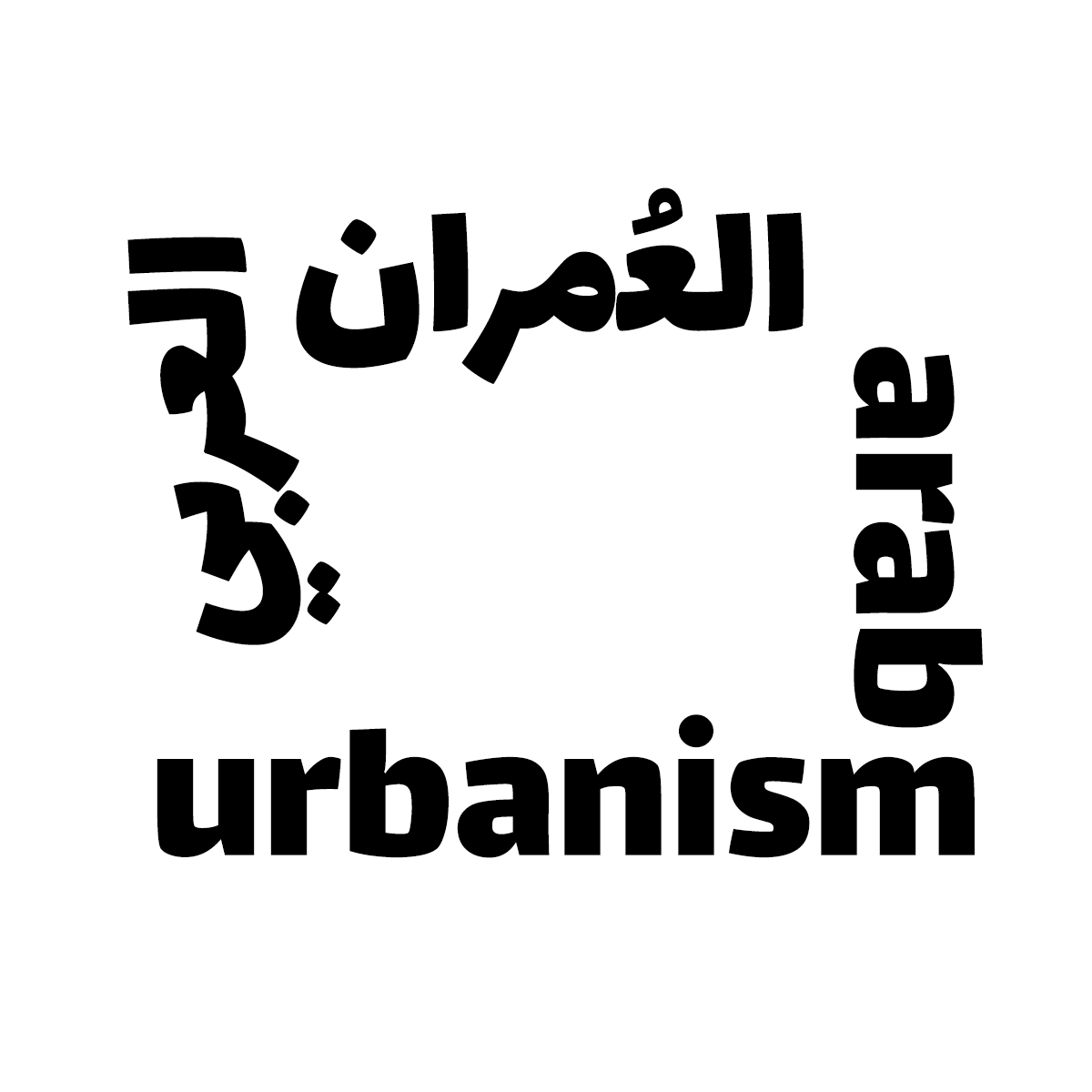Special Issue Team
-
an architect, researcher and faculty member at the Department of Architectural Engineering at Birzeit University, Palestine. She previously worked on Riwaq's revitalisation projects of historic centres in Palestinian villages. Lana holds an MA in Architecture, Cultural Identity and Globalisation from the University of Westminster, UK and a bachelor of architectural engineering from Birzeit University. She is currently a George Antonius Birzeit Visiting Fellow at Oxford University. Her current research focuses on infrastructure practices, ecological and local modes of production, and urban and rural commons in Palestine and the region.
-
an architect, researcher and faculty member at the department of architectural engineering Birzeit University, Palestine. Mohammed holds an MA in Urban Practices from Glasgow School of Art, Scotland, and a bachelor of architectural engineering from Birzeit University. His interests lie in exploring and documenting material and infrastructural flows, collective and ecological networks and their association with local production practices.
ASSOCIATE EDITORS
-
an interdisciplinary scholar in between politics and International Relations, Urban and Political Geography, and Middle East studies. Currently she is a British Academy postdoctoral fellow at the University of Warwick. Her research focuses on questions of materiality, affect and politics of storytelling. Aya holds a PhD from the University of Warwick, and has worked at Departments of Geography in the Universities of London (RHUL), Durham, and Sussex.
-
an FNRS Research Fellow and co-director of the Observatory of the Arab and Muslim Worlds (OMAM) at the Université libre de Bruxelles. His research and teaching focus on urban histories, geographies and theories of development, political economy, political ecology, and science and technology studies in colonial contexts. He is also interested in global histories and archival practices of anti-colonial solidarity movements.
REVIEW EDITORS
-
an architect and a historian. He is currently ETH Zürich Postdoctoral Fellow at the Institute for the History and Theory of Architecture (GTA). Nadi completed his Ph.D. and M.Phil. degrees at the University of Cambridge. Nadi is also the co-founder of Arab Urbanism. His writings have been featured in a number of international publications including The Architectural Review, The International Journal of Islamic Architecture, and the Jerusalem Quarterly among others.
-
an architect, restorer, organizer, and forager, co-founder and director of Sakiya – Art | Science | Agriculture in the village of Ein Qiniya, Ramallah, Palestine. Sahar negotiates different forms and methodologies of architectural and cultural practices outside of institutional and academic structures.
-
a planner and urban historian. She is currently a Postdoctoral Fellow at the Faculty of History, University of Cambridge; a position funded by the Canadian Social Sciences and Humanities Research Council (SSHRC). She holds a PhD in Planning from the Department of Geography and Planning at the University of Toronto, and an MFA in Transdisciplinary Design from Parsons the New School for Design. Her research explores the role of subaltern populations in the production of space and cities of the modern Middle-East.
-
an assistant professor at the Department of Public Policy and Administration at the American University in Cairo. Prior to joining AUC, she was an ESRC postdoctoral fellow at the Department of Geography at the University of Cambridge. Her doctoral research at Cambridge’s Centre of Development Studies focused on the political economy of urban development and urban waterscapes in Cairo, Egypt. Her research interests include the urban commons, governance, informality, water, and political economy.
-
an Assistant Professor of Architecture at Kuwait University. She holds postgraduate degrees from Columbia and Harvard, and a PhD in Architecture from the University of Pennsylvania. Her research lies at the intersection of architecture, environment, and development in the context of Arabia during the twentieth century. She is the coauthor of Pan-Arab Modernism 1968-2008: History of Architectural Practice in The Middle East (Actar, 2021), the co-founding editor of Current: Collective for Architecture History and Environment (www.current-collective.org).
-
an architect and a doctoral fellow at the Institute for the History and Theory of Architecture (gta) at ETH Zürich. He holds a master's degree in architecture history and theory from the University of Michigan, Ann Arbor and a bachelor of architectural engineering from Birzeit University, Palestine. Prior to joining the gta he taught at Birzeit University and Al Quds University in Palestine. His research focus is on architecture's potential as a tool for social and political investigation and action.
-
a political ecologist working on critical water governance and politics in the Levant. She holds a PhD from the Department of Geography and Environment at the London School of Economics (LSE). Her research focuses on documenting water struggles in agricultural communities under settler colonialism, in addition to exploring issues of just resource governance.
-
a development planner and urban researcher who is currently Manager of the Middle East and North Africa Urban Housing Practitioners Hub (MENA-UHPH) at Habitat for Humanity International, as well as adjunct Assistant Professor in the Sociology Department at the American University in Cairo (AUC) and a founding member of the Network of Urban Studies in Egypt (NUSE). Prior to this, Deena was a postdoctoral fellow at the Centre D'études et de Documentation économiques, Juridiques et Sociales (CEDEJ), and Research and Advocacy Manager at Takween Integrated Community Development. She holds a Ph.D. in Development Planning from University College London (UCL) and an M.A. in Economics of International Development from AUC.
-
-
-
-
SPECIAL THANKS TO
Jana Traboulsi
Nadia Mahmoud
Alhareth Rayyan



